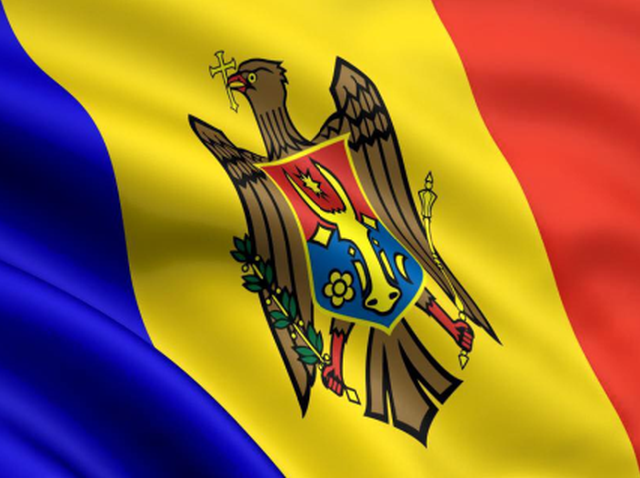The Republic of Moldova, ahead of presidential elections
In spite of having 8 candidates running for the presidential seat, Moldovas first round of voting on Sunday is anything but unpredictable.

Bogdan Matei, 26.10.2020, 13:50
Opinion polls unanimously show that the second round of the presidential elections in Moldova, due on November 15, will be no different from the one four years ago. The then winner, current pro-Russian president Igor Dodon and his main contender, the former pro-Western PM Maia Sandu, are favorite to winning the elections with over 30% and almost 20% of the votes, respectively. All other candidates, such as the pro-Moscow populist left or the right wing supporting the country’s union with Romania or at least its EU integration, are expected to get less than 10% of the votes. As it is always the case in the Republic of Moldova, the vote will not be only political, but also geopolitical. Having openly supported a pro-Russian programme in the previous elections, Dodon now vows to defend and consolidate Moldova as a state and promote a foreign policy balanced between Moscow and Brussels.
In her turn, Maia Sandu, the candidate of the Action and Solidarity Party, who has always been identified with the fight against corruption, accuses her opponent of blocking the reform of the justice system. A journalistic investigation made public last week gave Maia Sandu the upper hand, after details were revealed about the interference of the Russian Federation’s presidential administration in the internal affairs of Moldova. The investigation, named ”Kremlinovici”, after the code name used by Igor Dodon, revealed that the current president has been a collaborator of the Russian intelligence, an accusation firmly dismissed by Dodon.
On Thursday, Russian leader Vladimir Putin said he hoped that Moldovan citizens would remember, when casing their vote, the efforts made by the incumbent president to get Moldova and Russia closer together. According to Radio Romania Chisinau, political analysts say that Russia has a habit of interfering with Moldovan elections, but that this time the involvement is more active. On the other hand, voter turnout is expected to be low, due to the coronavirus pandemic and the disappointment in the political class shown by a big part of the electorate.
The elections are held in an unusual context and, due to travel restrictions in place over the pandemicm the Council of Europe’s Parliamentary Assembly has announced it will not send any observers at the elections. According to pundits, two intense weeks will follow after the first round of voting, when candidates should not only secure the voters’ support, but also strenthen it. (Translated by Elena Enache)






























